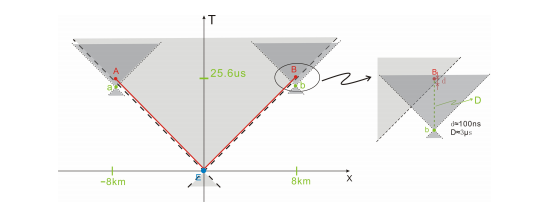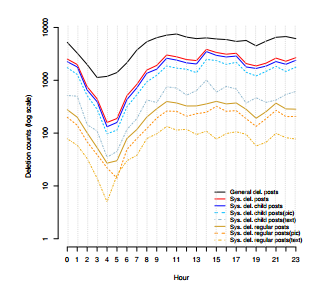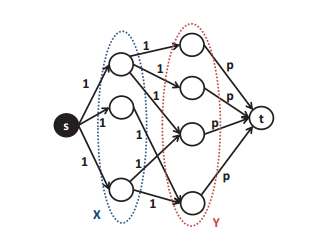- Headed into an IPO, a Smart Grid Company Struggles for Profit
After its IPO on Wednesday, Silver Spring Networks will try to become profitable by helping utilities manage energy demand.
One of the oldest smart grid technology companies, Silver Spring Networks, is set to go public this week after putting off its IPO for almost two years (see “The 50 Most Innovative Companies: 2011”), even as other cleantech companies continue to struggle on public markets.
- Gadget Gets Under the Hood to Bring Analytics to Driving
A $70 device will tell you how efficiently you’re driving, and can even call 911 for help in the event of an accident.
You probably have a rough idea of how much you spend on gas each week, but chances are you don’t calculate the cost of each trip down to the penny. Unless you’re Ljuba Miljkovic, that is, who knows that in a recent week he spent $7.50 to drive over 47 miles.
- The Puzzle of Ancient Star Catalogues and Modern Brightness Corrections
- Safer Nuclear Power, at Half the Price
Transatomic is developing a new kind of molten-salt reactor designed to overcome the major barriers to nuclear power.
Transatomic, an MIT spinoff, is developing a nuclear reactor that it estimates will cut the overall cost of a nuclear power plant in half. It’s an updated molten-salt reactor, a type that’s highly resistant to meltdowns. Molten-salt reactors were demonstrated in the 1960s at Oak Ridge National Lab, where one test reactor ran for six years, but the technology hasn’t been used commercially.
- Google Wants to Replace All Your Passwords with a Ring
The world’s largest search engine is now experimenting with jewelry that would eliminate the need to remember dozens of passwords.
As part of research into doing away with typed passwords, Google has built rings that not only adorn a finger but also can be used to log in to a computer or online account.
- My Dumb Phone Experiment: Phase Two
In which I upgrade my dumb phone – reluctantly.
You may recall that I have become one of these Thoreau types who has forsaken all society, by which I mean that I have given up my iPhone. Or, not quite given it up – it was stolen, and then I chose not to replace it, and then I blogged about my experiences with a $20 Alcatel dumb phone for a month, and then my dad gave me a Verizon iPhone without a data plan that I use as a sort of iPod Touch. In a word, I’m not quite living in a cabin in the woods. But I’m very stubblornly trying to shed myself of the constant connectivity that was the hallmark of my prior iPhone-centric life.
- Buckle up for the Vehicular Zombie Apocalypse
Digest powered by RSS Digest







